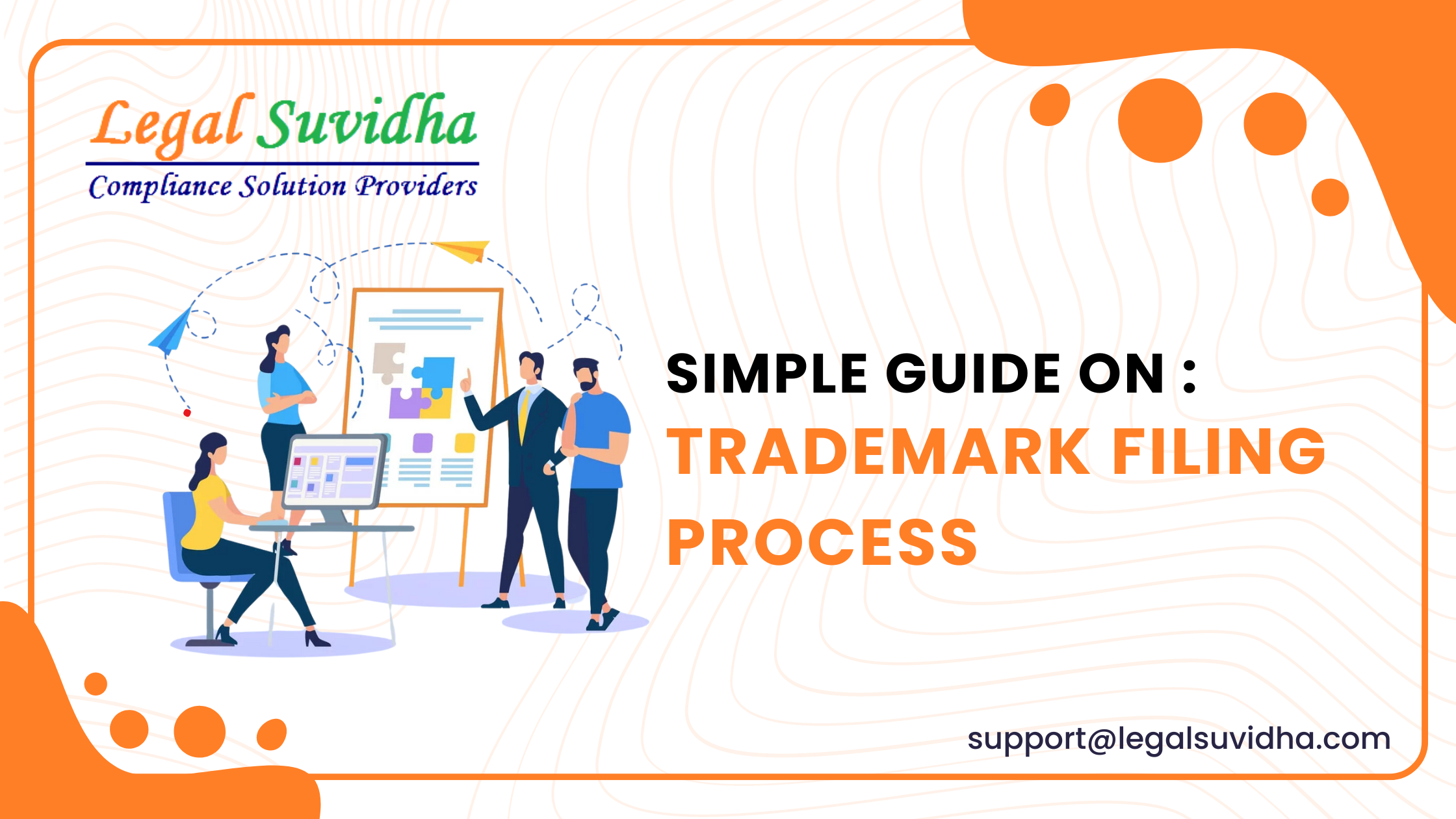In today’s dynamic business environment, startups are revolutionizing industries with their innovative ideas and disruptive solutions. As these ventures gain traction and attract attention from investors, accurately valuing them becomes paramount. Valuation serves as a crucial factor in securing funding, negotiating partnerships, and making strategic decisions. However, valuing startups can be a challenging endeavor due to their unique characteristics, limited financial history, and uncertain future prospects. In this blog, we will delve into the intricacies of startup valuation and explore various methods employed to determine their worth.
1. Cost Approach:
The cost approach is a straightforward method that determines the value of a startup based on the cost incurred in its development. This approach involves assessing the total expenses associated with building the product or service, including research and development costs, intellectual property investments, physical assets, and other tangible and intangible resources. By summing up these costs, the valuation is derived. However, the cost approach may not accurately reflect the market value or potential future returns, especially if the startup possesses significant untapped potential or if the market dynamics have significantly evolved since its inception.
2. Market Approach:
The market approach seeks to determine the value of a startup by comparing it to similar companies or recent transactions in the market. This method relies on the principle that the value of a startup is influenced by the value of comparable companies or similar startups. The valuation is derived by examining various factors such as revenue, user base, growth rate, market share, and other relevant metrics, and comparing them to those of comparable entities. However, finding truly comparable companies can be challenging for startups, particularly if they operate in unique niches or disruptive industries where no direct competitors exist.
3. Income Approach:
The income approach is a widely used method that determines the value of a startup by estimating its future cash flows and discounting them to their present value. This approach takes into account the projected revenue, profitability, and growth prospects of the startup. Various techniques, such as discounted cash flow (DCF) analysis, can be employed to assess the value of expected cash flows over a specific time horizon. However, forecasting future cash flows for startups can be highly uncertain and subjective, as they often lack a well-established track record and operate in rapidly evolving markets.
4. Scorecard Method:
The scorecard method is a relative valuation technique that assesses the value of a startup by assigning weights to different factors influencing its potential success. These factors may include the strength of the management team, market size and competition, product or technology uniqueness, revenue and growth potential, intellectual property, and other pertinent aspects. Each factor is assigned a weight based on its perceived importance, and a composite score is calculated to determine the startup’s value. However, this method relies heavily on subjective judgments and may vary based on the individual investor or assessor’s perspective.
5. Venture Capital Method:
The venture capital method is a prevalent approach used by investors and venture capitalists to value startups. This method calculates the value based on the expected exit valuation, typically through an acquisition or initial public offering (IPO), and the projected return on investment. The venture capitalist considers factors such as the desired rate of return, the expected holding period, and the estimated future value of the startup at the exit event. However, this approach heavily relies on assumptions and can be influenced by market conditions, the availability of potential acquirers or public market opportunities, and other external factors.
6. Comparable Transactions Method:
The comparable transactions method involves analyzing the valuation of similar startups that have recently been acquired or gone through funding rounds. By examining the financial details and transaction terms of these comparable companies, a valuation range can be established for the target startup. This method relies on market data and investor sentiment to determine the startup’s value, but it can be challenging to find truly comparable transactions due to the unique nature of startups and their specific growth trajectories.
7. Option Pricing Method:
The option pricing method applies principles from financial options theory to value startups. It considers the startup’s potential upside and downside, similar to the valuation of stock options. This method incorporates factors such as the probability of success, potential future funding rounds, and the expected return on investment. By modeling the startup’s growth potential as an option, its value can be estimated. However, this approach requires a deep understanding of financial derivatives and may be more complex to apply compared to other methods.
8. Risk-Adjusted Discount Rate:
The risk-adjusted discount rate (RADR) method accounts for the higher risk associated with investing in startups. This approach applies a higher discount rate to the startup’s projected cash flows compared to more established businesses. By factoring in the additional risk, investors can adjust the valuation accordingly. The RADR method is useful when evaluating startups with higher uncertainties and may provide a more conservative estimate of their value.
9. Stage-Based Valuation:
Stage-based valuation involves assigning different values to a startup at different stages of its development. For example, a startup may have a lower valuation during the early stages when it is still in the ideation phase, and a higher valuation as it progresses through product development, market validation, and revenue generation. This method recognizes the increasing value and reduced risk associated with each subsequent stage of a startup’s growth.
10. Real Options Valuation:
Real options valuation applies the concept of options to value a startup’s flexibility and strategic choices. It recognizes that startups have the opportunity to adapt and pivot their business models in response to market conditions and new opportunities. This method takes into account the value of these strategic options and their potential impact on the startup’s future cash flows. Real options valuation is particularly relevant for startups operating in rapidly changing industries or disruptive markets.
Conclusion:
Valuing startups is a complex and nuanced process that requires careful consideration of various factors and methodologies. Each method of valuation brings a unique perspective, allowing investors and stakeholders to gain insights into a startup’s worth. By combining and adapting these methods to suit the specific characteristics and context of a startup, a more comprehensive valuation can be achieved. It is essential to approach startup valuation with an open mind and consider multiple perspectives to make well-informed decisions in the ever-evolving landscape of entrepreneurship.
If You have any queries then connect with us at [email protected] or [email protected] & contact us & stay updated with our latest blogs & articles









